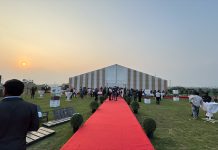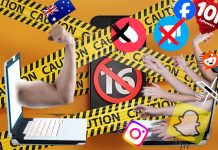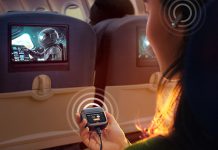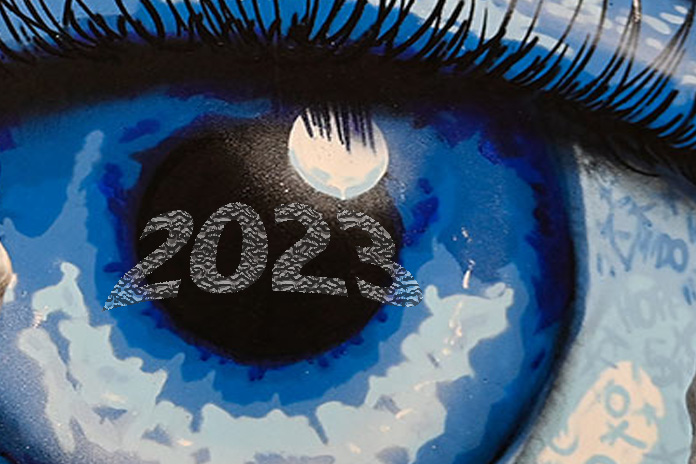
The eyewear business for children is a ‘recession-proof’ sector that Yang Wah Kiang is focusing on with Urband.
Coming out of a pandemic, and into a series of challenging global and local situations — logistics issues, inflation, rising costs, workforce evaluation, disruptive technologies, clouded judgement etc. etc. — how will 2023 shape up?
STORM-ASIA talks to industry players about their observations and approach to the new year. The interviews will be featured over the month of December.
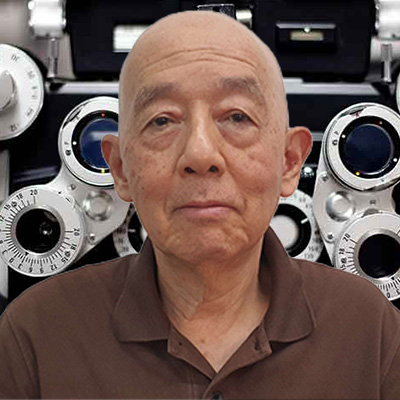
Focusing On Solutions
“THE COVID-19 pandemic has affected the world in numerous ways,” observes Yang Wah Kiang, Founder and Director, of spectacles frame manufacturer Urband International.
While the obvious effects have been well documented, Yang keeps his focus on how technology has changed our habits. In particular, how children are becoming more attached to their computers and devices.
“The education sector has seen massive changes in the form of online/home-based learning for students. Even primary school children were forced to learn through online platforms on their laptops during the pandemic. Children today use computers and mobile devices a lot more as compared to children of the past. This comes at a cost to their eyesight.
“With 65% of our children being myopic by Primary 6, Singapore is often labelled as the ‘Myopia Capital of the World’.
“The high childhood myopia rate in Singapore is largely attributed to frequent near-work activities done with handheld gaming devices, personal computers, mobile phones and tablets.”
Compounding the issue, children in Singapore spend, on average, only about 30 minutes outdoors every day. That compares with three hours outdoors for children in Australia, where myopia is far less common than in other urban populations around the world.
Framing The Argument
While there are corrective lenses available for myopia, one of the key issues facing parents of children with glasses is the short lifespan of these spectacles. The cost of good lenses is quite high, so there is a reluctance to change damaged frames, observes Yang.
Eyelet is a brand for children’s eyewear under Urband. “Our company’s mission is to help children fight myopia by designing effective eyewear for kids. This is also reflected in all our kids’ eyewear collections. Eyelet believes that frames and lenses are equally important for spectacle performance,” Yang explains.
“Misaligned and loose frames can cause distorted and blurred vision, which can lead to myopia progression. Lens and frame manufacturers tend to only promote their own products, so parents are often not informed of the importance of both parts for the proper functioning of a pair of spectacles. While most children’s frames last a couple of months, Eyelet has developed frames that last for up to three years.
“Parents across the globe always want their kids to study well. They also care for their child’s comfort and lifestyle. Therefore, it is seen that most parents are willing to invest in a good pair of spectacles for their child’s benefit. As such, the kid’s eyewear industry can sometimes be seen as ‘recession-proof’.”
Framed in this fashion, business seems to be looking good.
Related articles:
Key Opportunities and Challenges in 2023 — Dr Stephen Riady
Catch The Rising Sun Next Year — Ku Swee Yong
What Do The Signals Flag For Next Year? — Jamus Lim
Knowledge Lights The Way In Dark Times — Dr Tan Bee Wan
Two Areas To Improve Legal Services — Adrian Tan
Connecting With People — Dr Sanjay Kuttan
Injecting Optimism Into The Aesthetics Business
In Search Of Cures — Jerome Boyd-Kirkup
Everything In Moderation For 2023 — Gerard Ee
2023: Another Year Of Uncertainty For F&B? — Anil Goswami, Loh Lik Peng, Thomas Choong, KF Seetoh






